
Knowing exactly what your customers think, want, like, and dislike is every business’ dream. So, why not just ask them? First introduced in the 1940’ by Columbia University researchers, Focus Groups allow you to do just that.
But how exactly do they work? How can you use them for market research?
This blog post will provide all the answers.
What is a Focus Group?
A focus group is a qualitative research tool that businesses use to gather information about customer experience, sentiment and opinion about new ideas, products or services. The group is gathered of deliberately selected participants, usually 6-12 people, chosen to participate in a facilitated open and free discussion.
The members of a the group are selected based on their relevance to the topic or brand, using probability sampling methods to create a well diverse group. Most participants take part in paid focus groups, although there are some who join as unpaid volunteers. Either way, participants are chosen carefully and screened beforehand.
Unlike interviews or surveys, focus group participants are asked questions and are encouraged to discuss thoughts freely with other participants. The aim is to generate ideas and provide customer insights for businesses that often use it before launching a new product or entering new markets.
How Does a Focus Group Work?
A professionally trained moderator leads a 30-90-minute discussion within the group, guided by a set of 10-20 questions designed to elicit thoughtful and informative answers.
During the discussion, the moderator will guide the discussion through three different types of questions –
- Engagement questions – These are easy and simple questions. They are used to introduce the participants to each other, make them more at ease, and familiarize them with the topic to be discussed.
- Exploration questions – These are deeper, more probing questions about the topic and how the participants feel about it. The aim is to dice dipper into people’s sentiment, break down pain points, and gather information about possible solutions.
- Exit questions. These questions are used to wrap-up the discussion. Moderators will use exit questions after they are confident the group has shared all that it can.
Types of Focus Groups
Focus groups are an extremely popular market research tool. There are several specific types of groups –
- Mini groups – Four or five consumers instead of the usual 6-12 participants.
- Online groups – Remotely operated discussions using video chat.
- Two-way group – One group watches another group (instead of researchers), discusses and comments on what they observe and hear.
- Dual moderator group – Exactly what it sounds like – Instead of one moderator there are two. Usually, one manages the discussion and the other takes notes.
- Client participant group – Representatives of the business watch or participate in the group discussion.
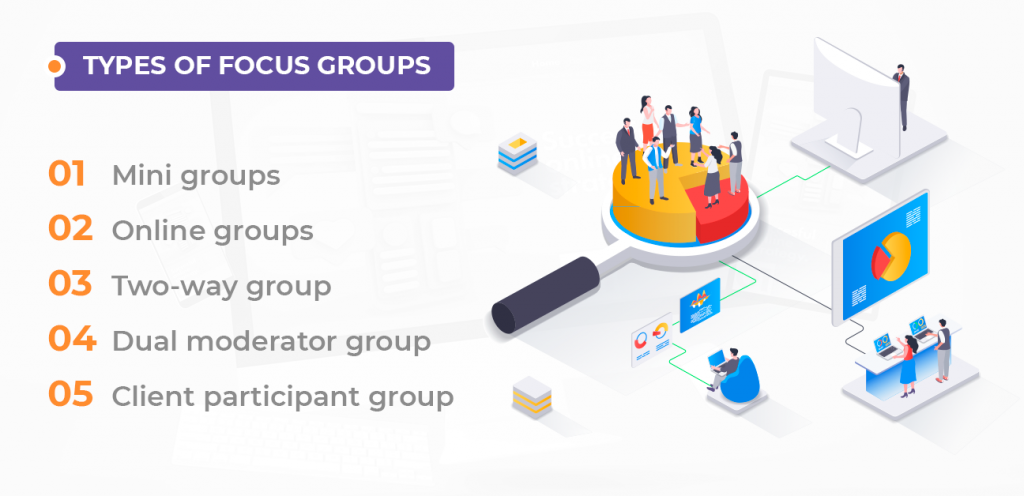
Focus groups and market research
Market research is how businesses get information about potential and current customers, the competition, and the market. This research enables companies to identify their target audience, aggregate customer insights, and detect potential marketing challenges. The data collected is the base for optimizing customer experience, enabling innovative marketing, and improving brand strategy and success.
Effective market research starts with quality customer feedback data. There are many ways and tools for collecting and analyzing customer experience, from conducting CSAT surveys to monitoring social media platforms. The two most popular research methods are Online Customer Surveys and Focus Groups. Surveys are very cost effective and provide quantifiable data (usually in a simple numerical score) that can be easily analyzed and understood. However, customer surveys tend to be very restricted and provide a narrow view of the consumer market.
On the other hand, Focus groups offer a great alternative to surveys. Using focus groups to obtain insight on customer wants, needs, and opinions, is generally more affordable, efficient, and flexible than other alternatives. Moreover, using focus groups adds non-verbal communication analysis to the spoken or written answers consumers provide, giving businesses an extra point of view into their customers’ experiences, views and opinions. The end result is a somewhat better understanding of customers’ experience.
However, focus groups are not perfect
Basing your market research on focus groups alone is a big mistake, huge. Since focus groups involve multiple people, participants can be influenced by others in their group. For example, domineering participants or even the moderators themselves can affect the entire group and skew the results. Even with a skilled moderator, focus groups tend to be influenced by dominant individuals in the group, often providing biased feedback. This tainted data can result in unsuccessful marketing, wasting resources and hurting sales.
Additionally, results from smaller groups isn’t the best indicator for the wider consumer population. More often than not, focus groups deliver a very narrow consumer perspective, with individual or diverse opinions suppressed due to group dynamics. You are often left with a point of view that cannot be generalized and implemented on a broader audience.
So, Where Do Focus Groups Fit?
The best way to get quality market research is by using information collected from a wide variety of sources. We are talking about aggregating data from online reviews, social media, surveys, and yes, focus groups. The wider the net the better the catch – or in this case, the data.
Focus groups can be great for brainstorming new brand or product ideas, but is not enough if your end goal is highly granular customer feedback.
About Revuze
Revuze developed the first self-training, low touch AI technology that collects and analyzes customer feedback automatically and serves back valuable consumer insights.
This innovative AI technology collects data from a variety of sources simultaneously, like online reviews, social media monitoring, emails, surveys, call center data, and more. The data is scanned and analyzed automatically by self learning algorithms.
The end result is highly granular customer experience analysis that informs brand Innovation and marketing strategy design, improving brand growth and revenues.
 All
Articles
All
Articles Email
Analytics
Email
Analytics




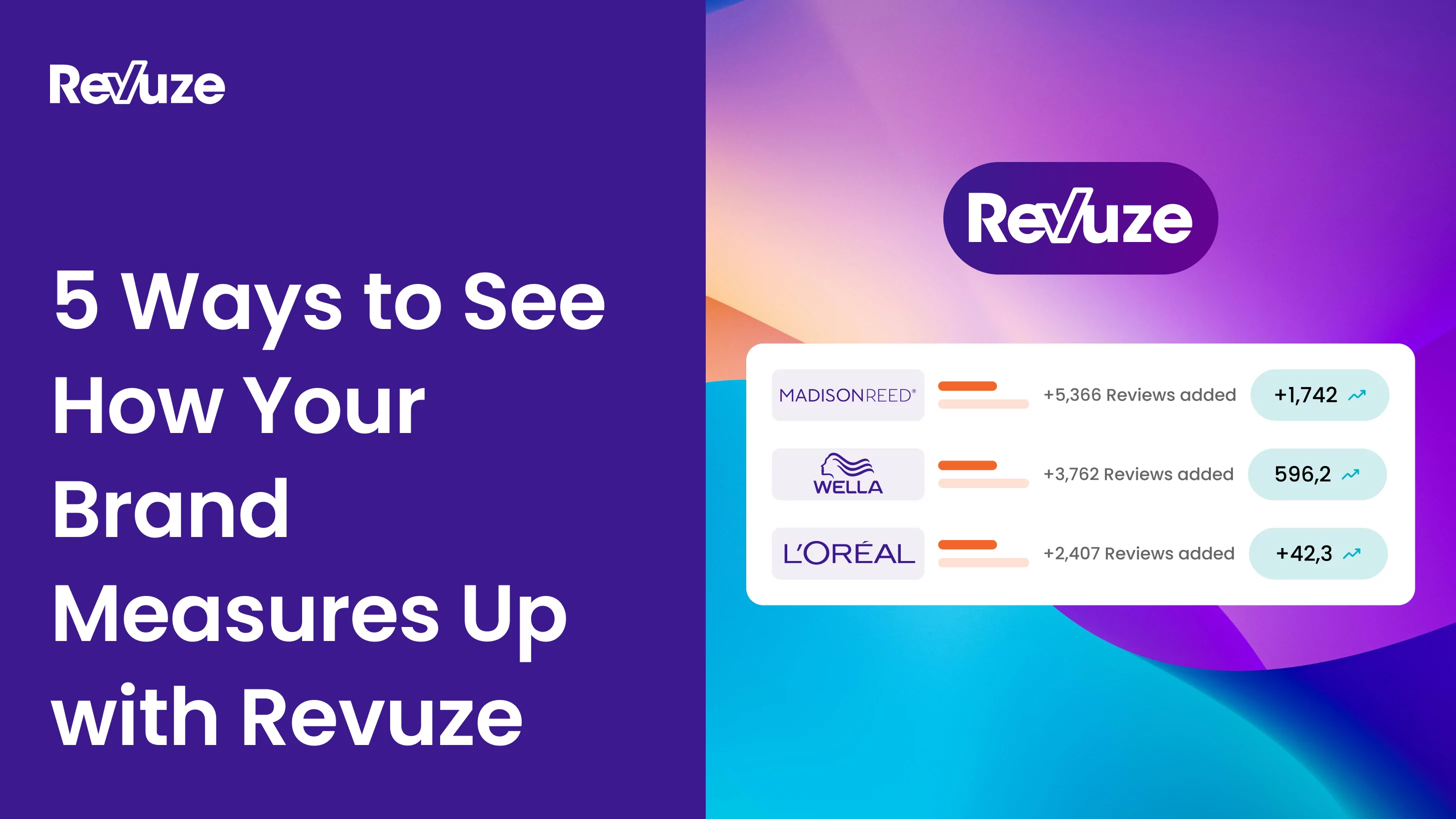
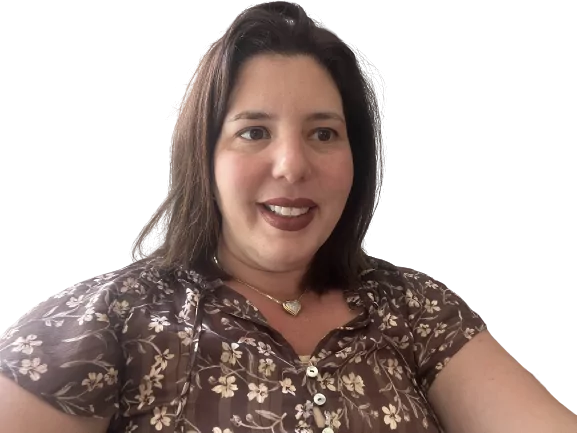
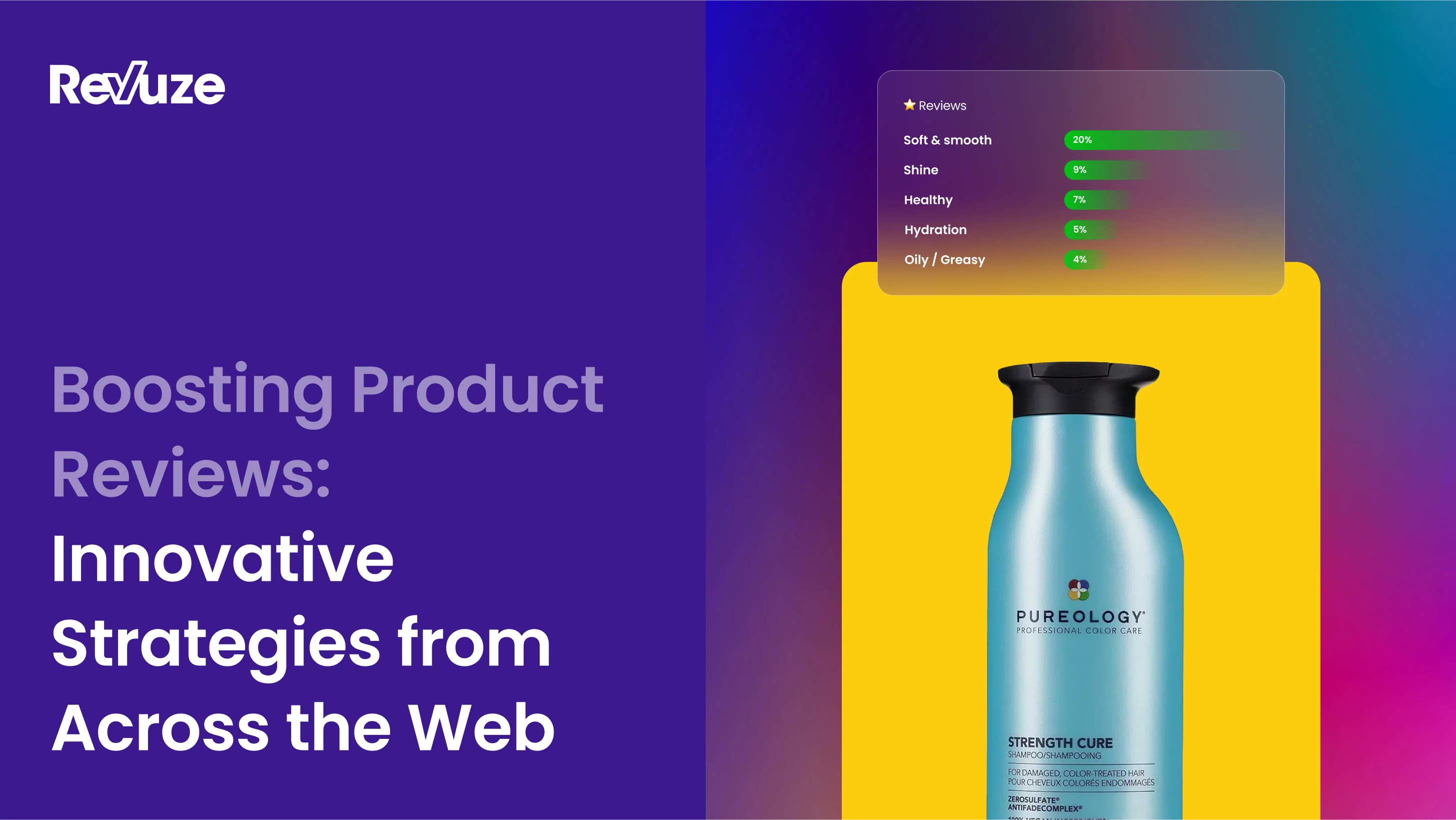
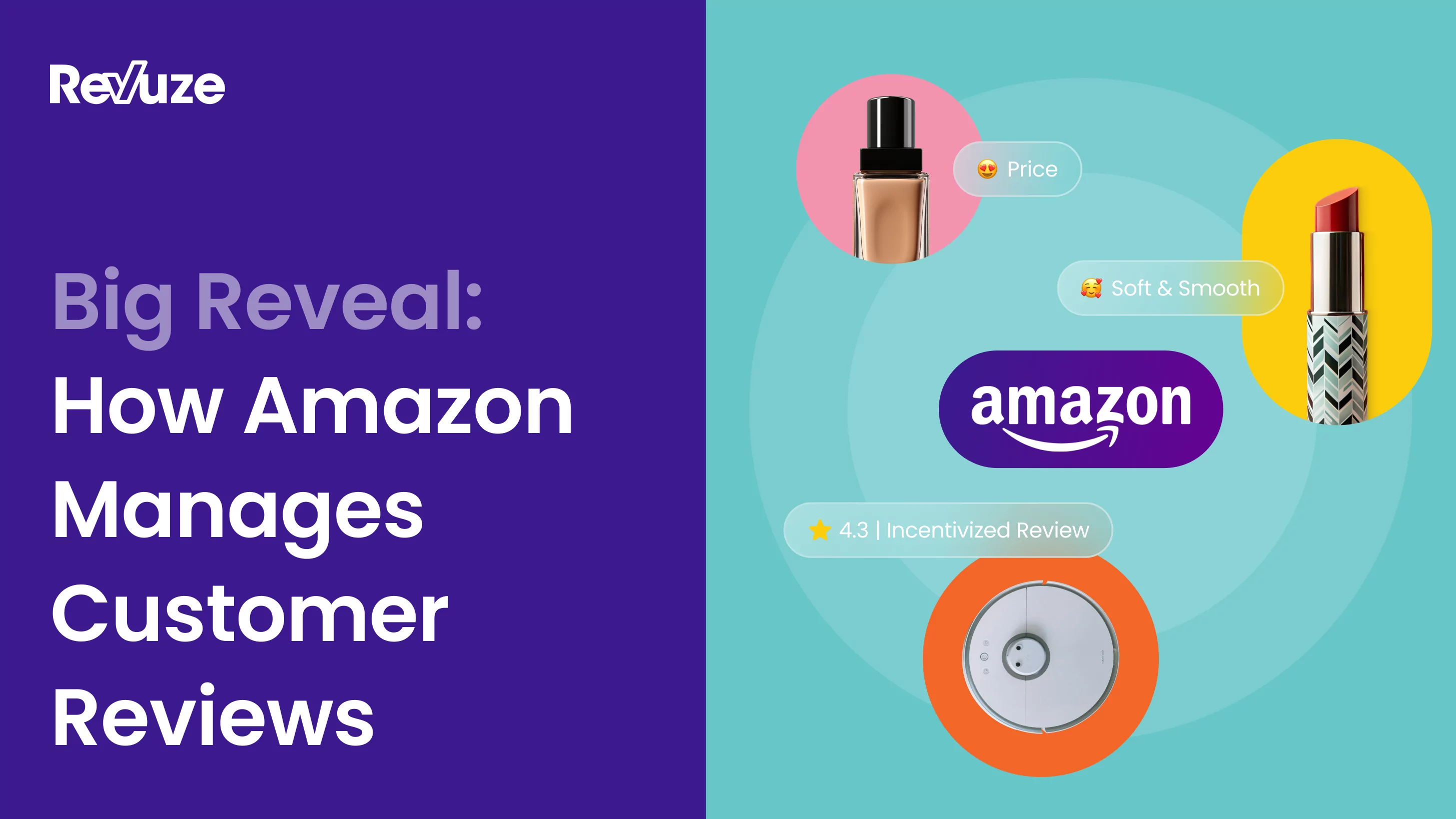
 Agencies
Insights
Agencies
Insights